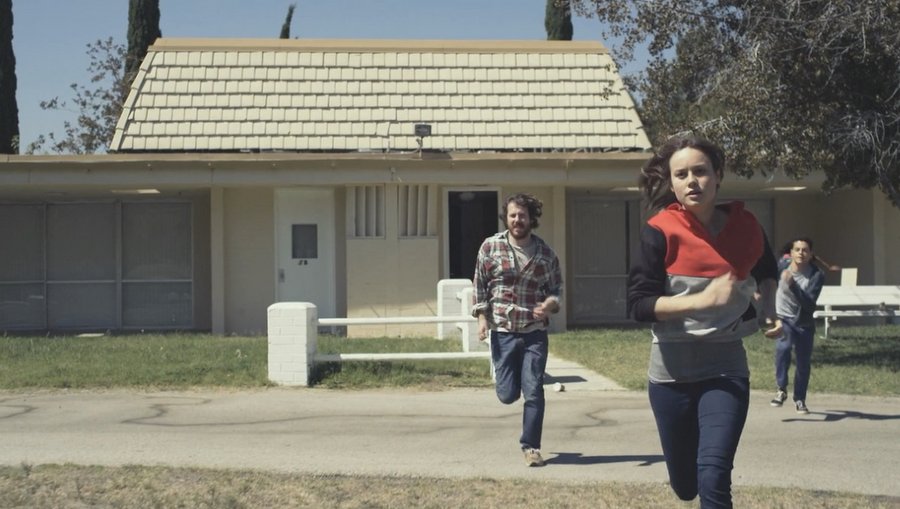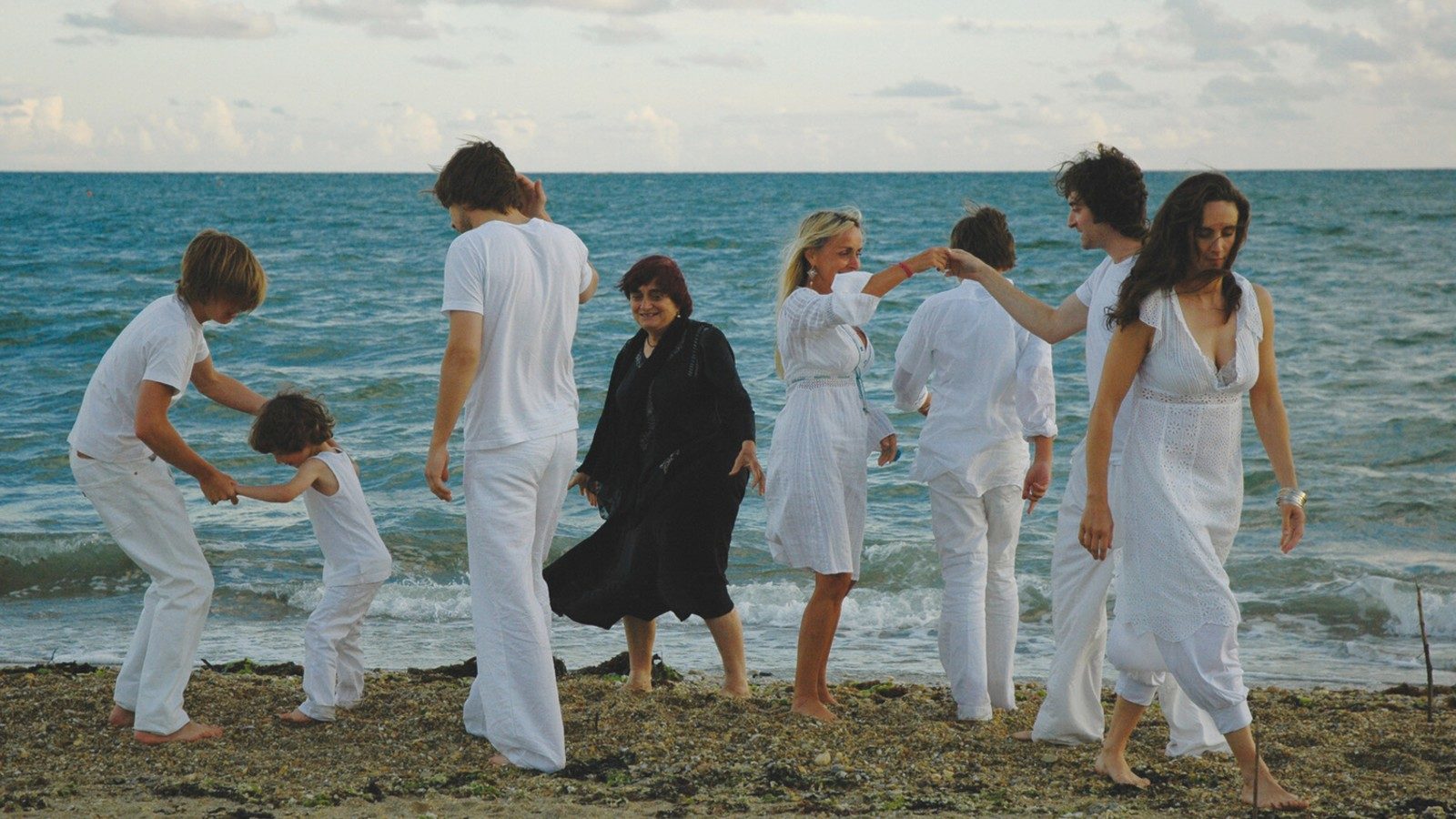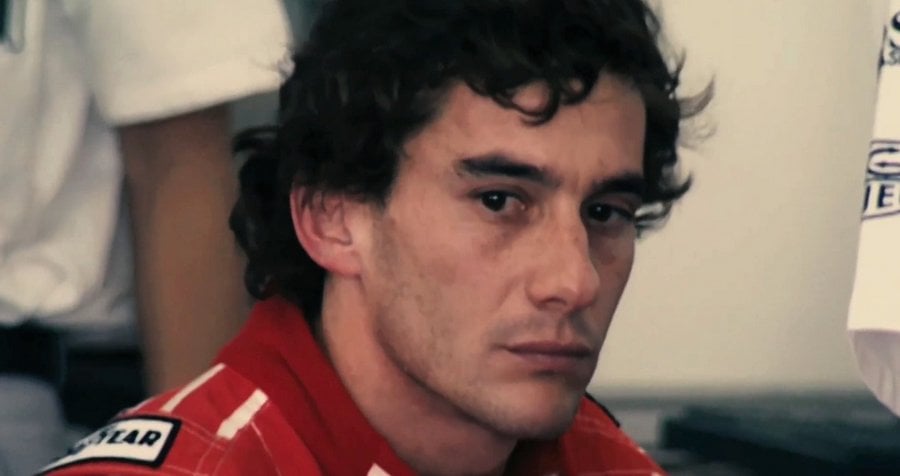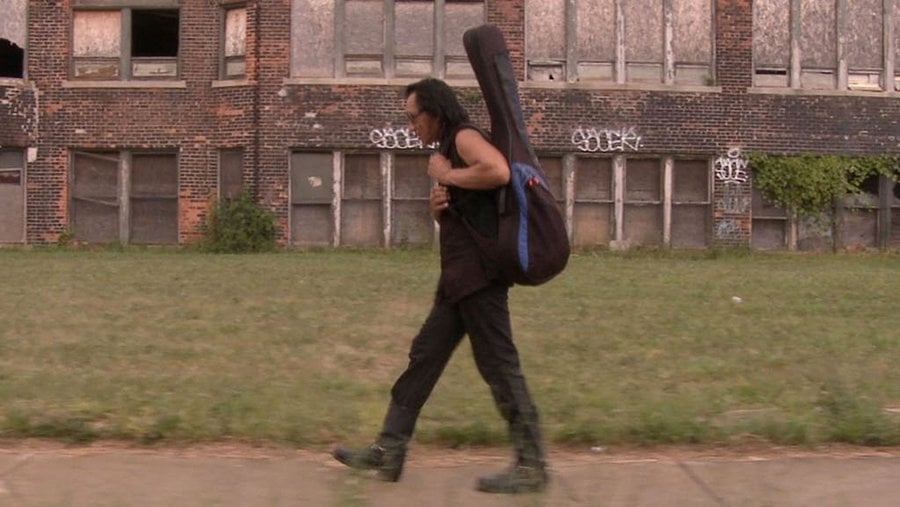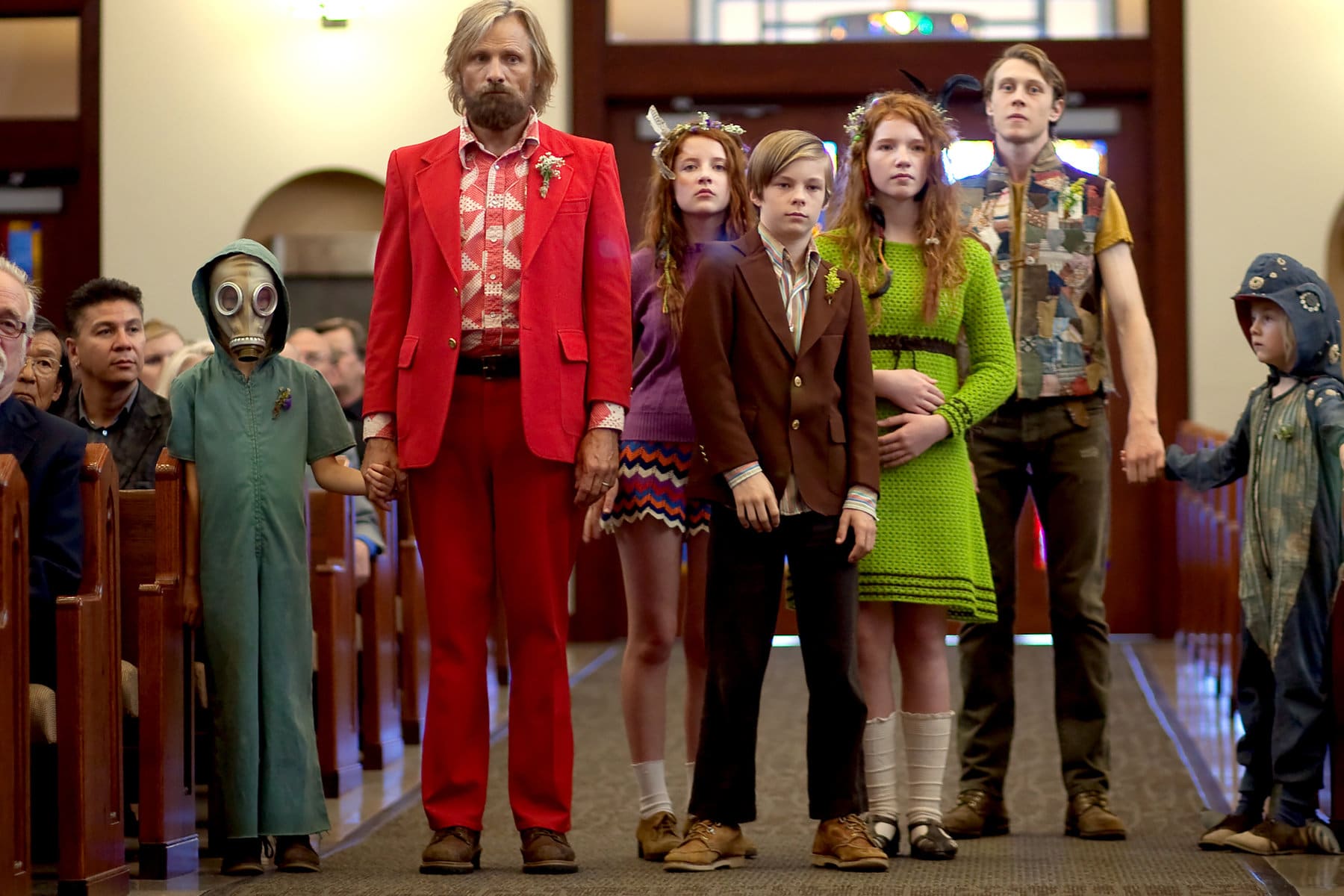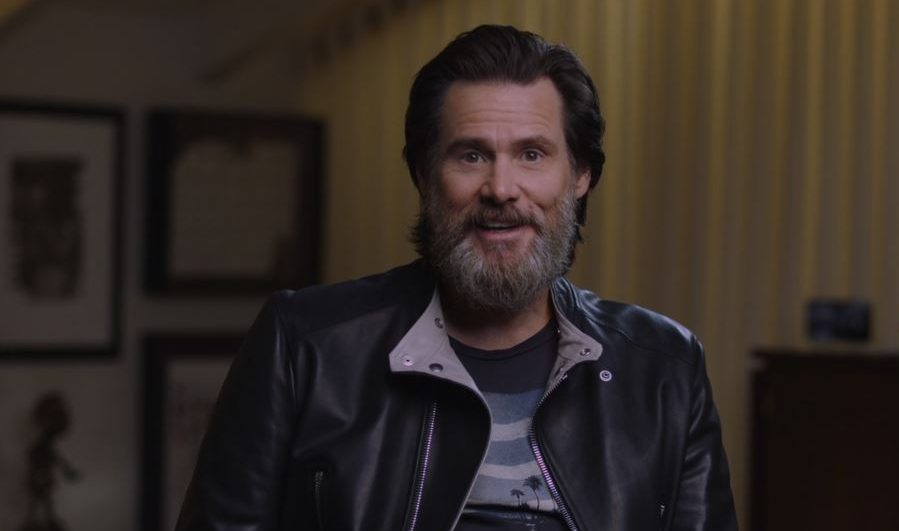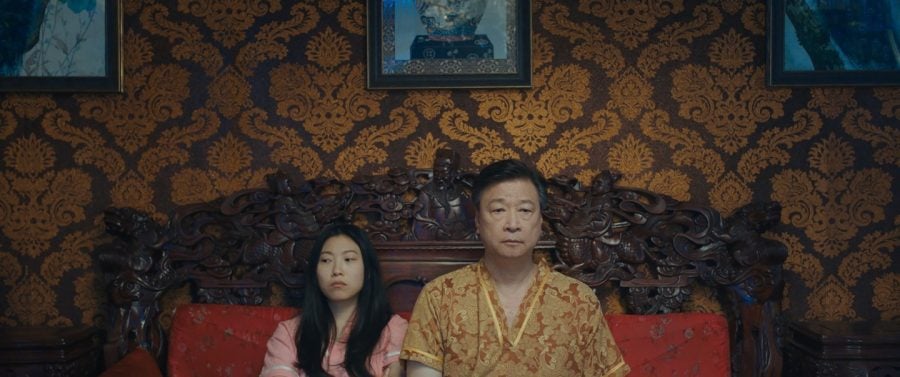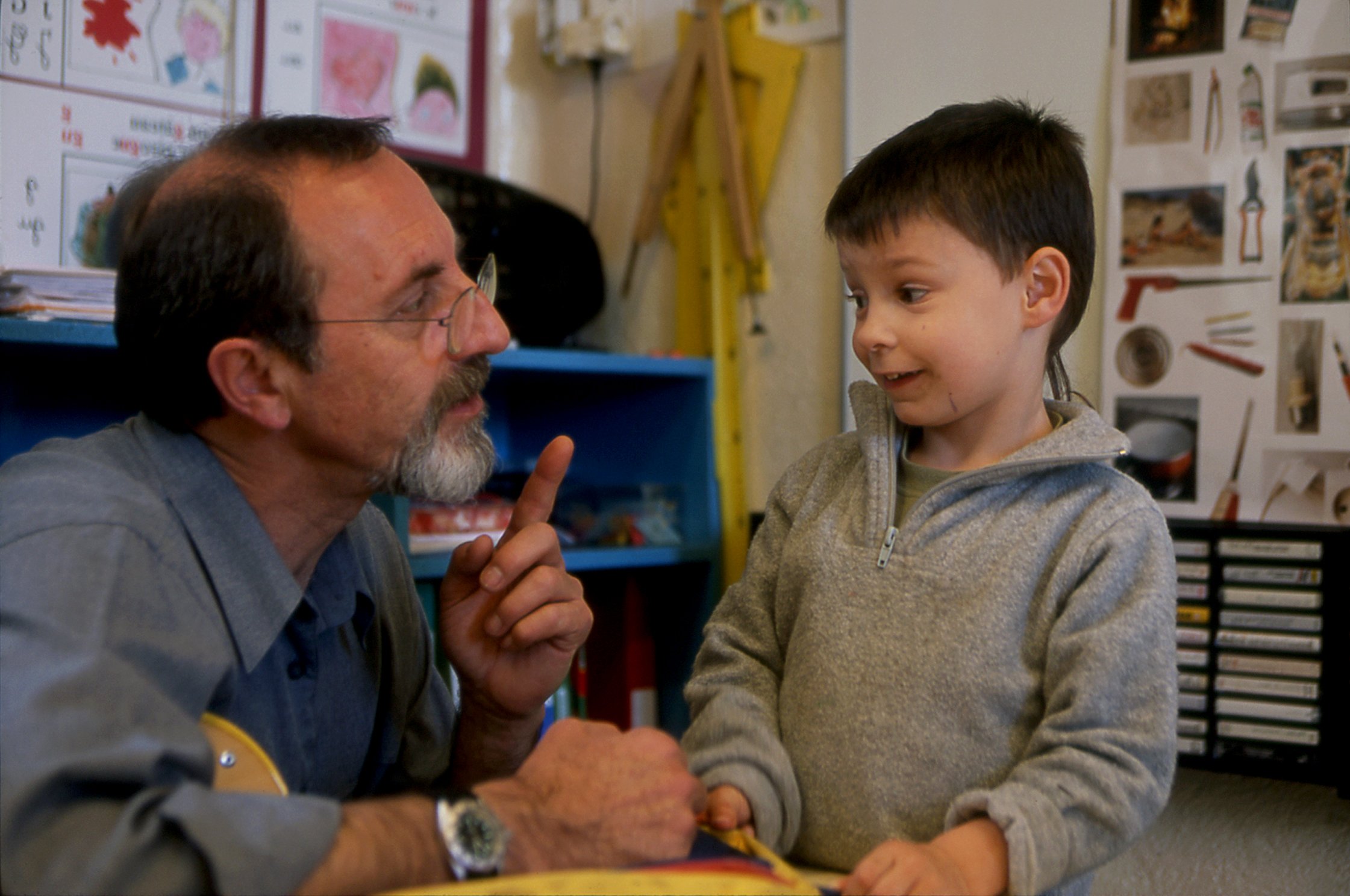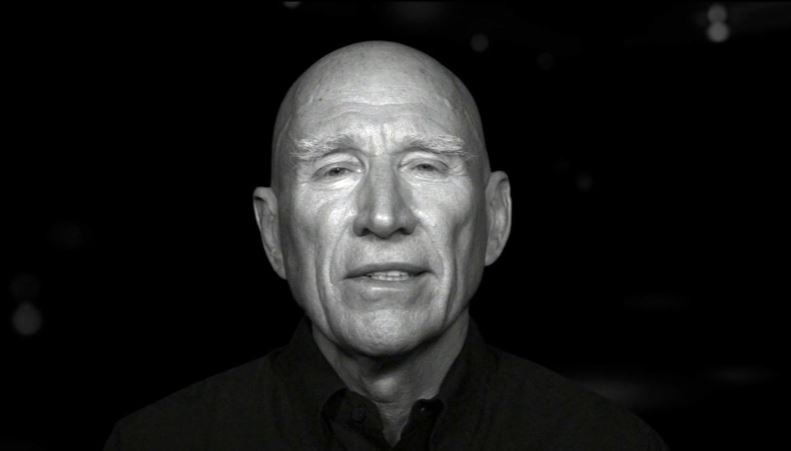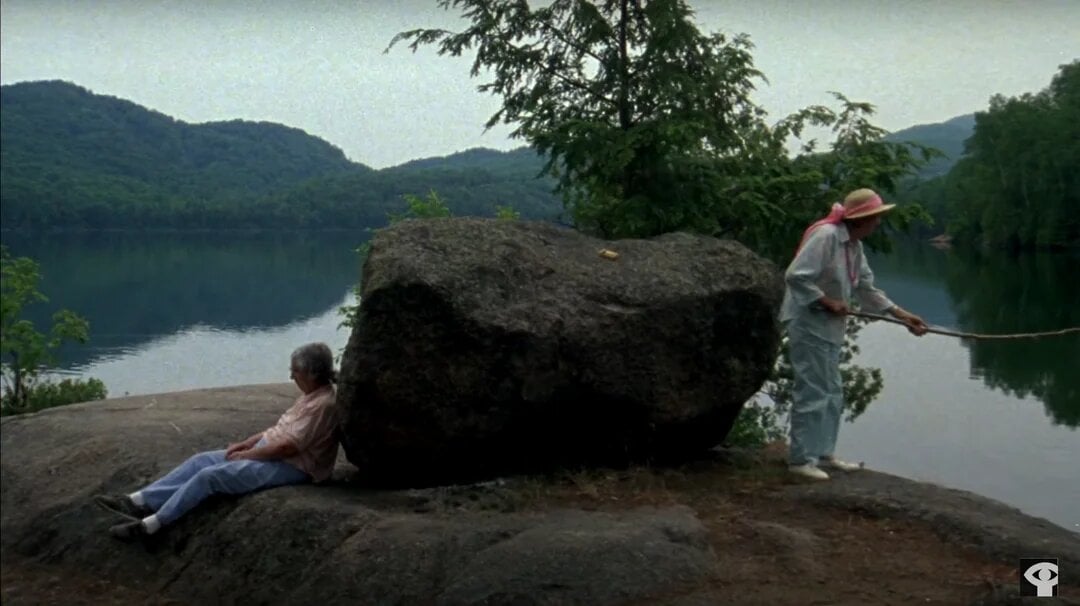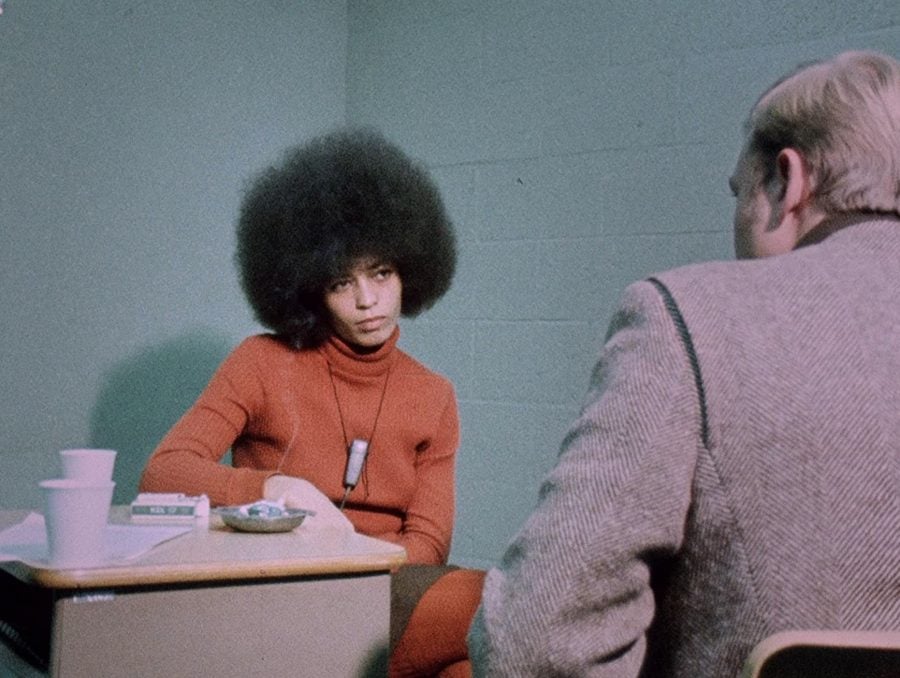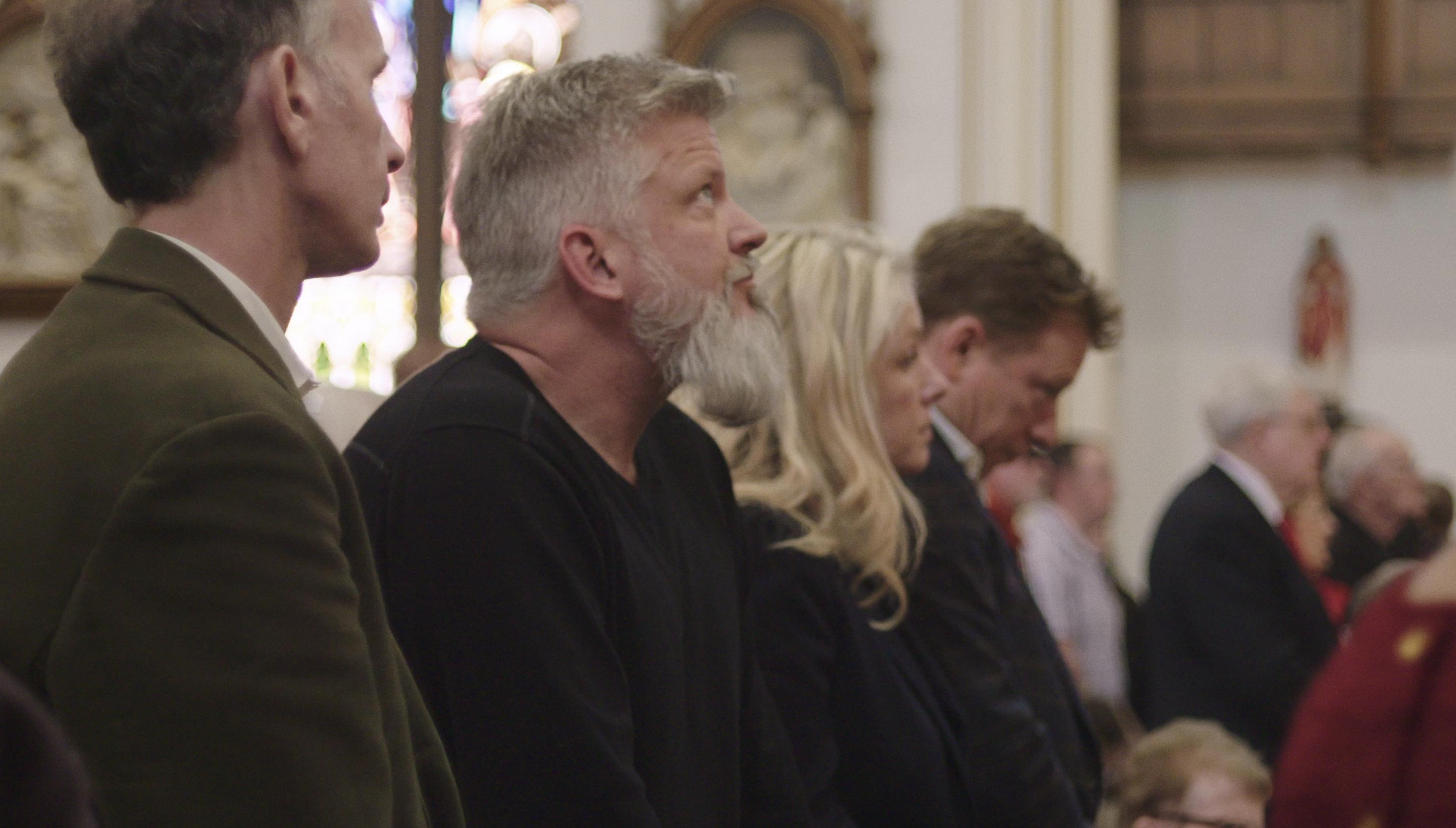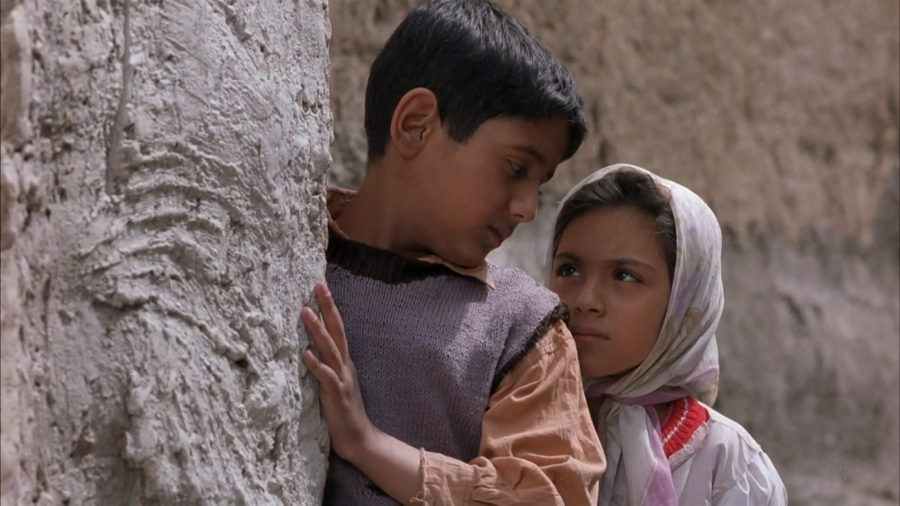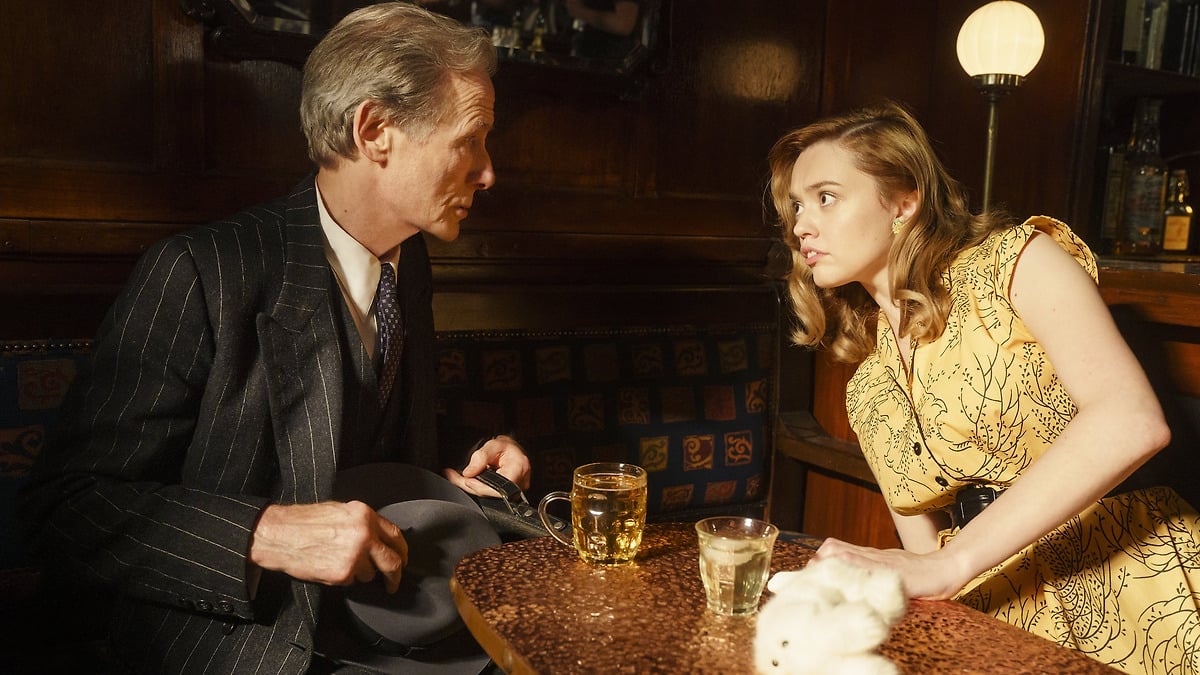Understated in budget but lavished with praise, this semi-autobiographical drama by Daniel Destin Cretton flings its audience into the chaotic lives and personal crises of at-risk youths and the passionate social workers that aid them. In his first feature film, the young director draws the viewers into the storm of events and the emotional ups-and-downs of social work in America, going from uplifting to depressing and back – and every emotion in-between.
Set in the real-life and eponymous group home Short Term 12, devoted but troubled foster-care worker Grace is played by Brie Larson, whose shining performance in her first leading role was lauded by critics. Fans will also recognize the supporting actors Lakeith Stanfield and Rami Malek, who broke out in this movie. Short Term 12 is now considered one of the most important movies of 2013 – some say of the decade – owing to its immaculate writing, intimate camerawork, and gripping performances.
Genre: Drama
Actor: Alex Calloway, Angelina Assereto, Brie Larson, Diana Maria Riva, Frantz Turner, Harold Cannon, Joel P. West, John Gallagher Jr., Kaitlyn Dever, Keith Stanfield, Kevin Hernandez, Lakeith Stanfield, Lydia Du Veaux, Melora Walters, Michelle Nordahl, Mohammad Shiravi, Rami Malek, Silvia Curiel, Stephanie Beatriz
Director: Destin Cretton, Destin Daniel Cretton

